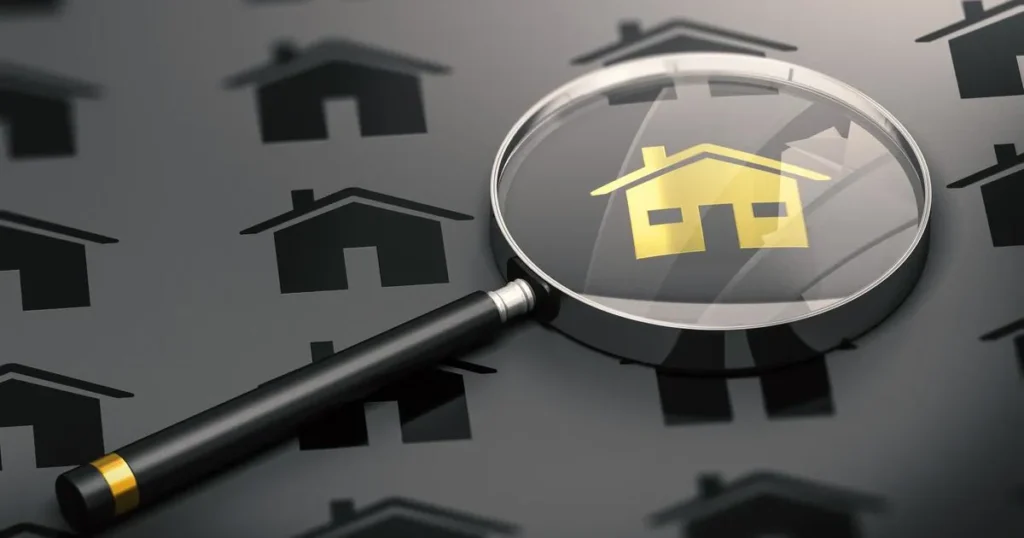In the dynamic landscape of real estate and property management, staying ahead of the curve is crucial for success. The advent of technology has brought about transformative changes in various industries, and property management is no exception. Enter the Property Management CRM, a powerful tool designed to streamline operations, enhance customer relations, and boost overall efficiency. As the demand for such solutions grows, it’s essential to understand the must-have features that can truly make a difference in your property management endeavors.
Intuitive User Interface for Enhanced User Experience
The user interface (UI) is the core component of any successful CRM system. A well-designed UI not only simplifies the learning curve but also enhances the overall user experience. Property managers’ productivity can be greatly increased by a clutter-free dashboard with simple navigation, which allows them to concentrate on genuinely important things.
Comprehensive Tenant and Owner Portals
The pillars of effective property management are communication and transparency. A robust CRM should offer separate portals for tenants and property owners. This gives tenants the ability to quickly report maintenance issues, make online rent payments, and view crucial documentation. The portal needs to offer current information on occupancy rates, financials, and property performance to property owners.
Automated Maintenance Requests and Work Orders
Maintenance requests and work orders are inherent to property management. Tenants should be able to submit maintenance requests via the tenant portal using an advanced CRM, which will then automatically create work orders for property managers. Integration with contractors’ and maintenance teams’ systems helps promote seamless communication and guarantee timely problem resolution.
Integrated Financial Management
Efficient financial management is the backbone of property management. Look for a CRM that has capabilities for billing creation, collecting rent, and managing expenses. Creating financial reports, keeping track of cash flow, and managing tax-related issues can all be made easier with integration with accounting software.
Robust Communication Tools
Effective communication can prevent misunderstandings and nurture strong relationships with tenants and property owners. The best CRMs should provide communication options like email templates, SMS alerts, and even chatbots for handling typical queries. Automated reminders for rent payments, lease renewals, and property inspections can also enhance overall communication.
Customizable Reporting and Analytics
Data-driven decisions are the cornerstone of growth. A feature-rich CRM should provide customizable reporting and analytics tools that allow property managers to gain insights into key performance indicators (KPIs). From occupancy rates to rental income trends, these analytics can aid in devising strategies for better property management.
Document Management and Storage
The paperwork associated with property management can be overwhelming. An ideal CRM should include a secure document management system that enables easy storage, retrieval, and sharing of important documents such as lease agreements, inspection reports, and property photos.
Mobile Accessibility
Property managers are frequently on the move, requiring access to information even when they’re not in the office. A mobile app or responsive web interface for the CRM can provide real-time updates and the ability to respond swiftly to tenant queries, maintenance requests, and urgent matters.
Task Automation and Workflow Management
Routine tasks can consume a significant portion of property managers’ time. Automation features that can handle tasks like rent reminders, lease expiration notifications, and follow-up communications can free up valuable time for more strategic activities.
Integration Capabilities
A holistic property management approach often involves the use of multiple software tools. A CRM with integration capabilities can sync with other software, such as property listing platforms, accounting software, and email marketing tools, creating a seamless ecosystem that enhances overall efficiency.
Scalability for Growing Portfolios
As your property management portfolio expands, your CRM should be able to keep up. Scalability is a crucial consideration – the CRM should accommodate more properties, tenants, and data without compromising performance.
Conclusion
The realm of property management is evolving, and so are the tools that drive its efficiency and success. A property management CRM is a strategic asset that can change how properties are handled, renters are engaged, and earnings are maximized. It is more than just a technological solution. The features described in this blog are the cornerstones of a contemporary CRM that may completely transform the property management industry, from user-friendly interfaces to powerful analytics. As you embark on your journey to find the perfect CRM, keep these must-have features in mind to ensure your success in the competitive world of property management.

